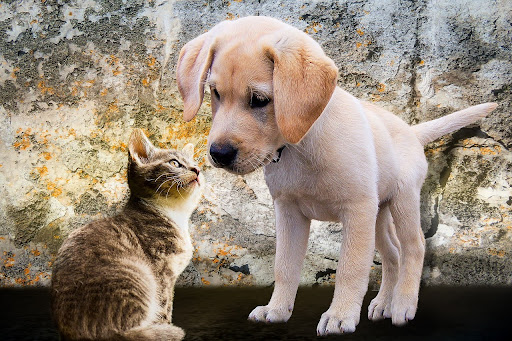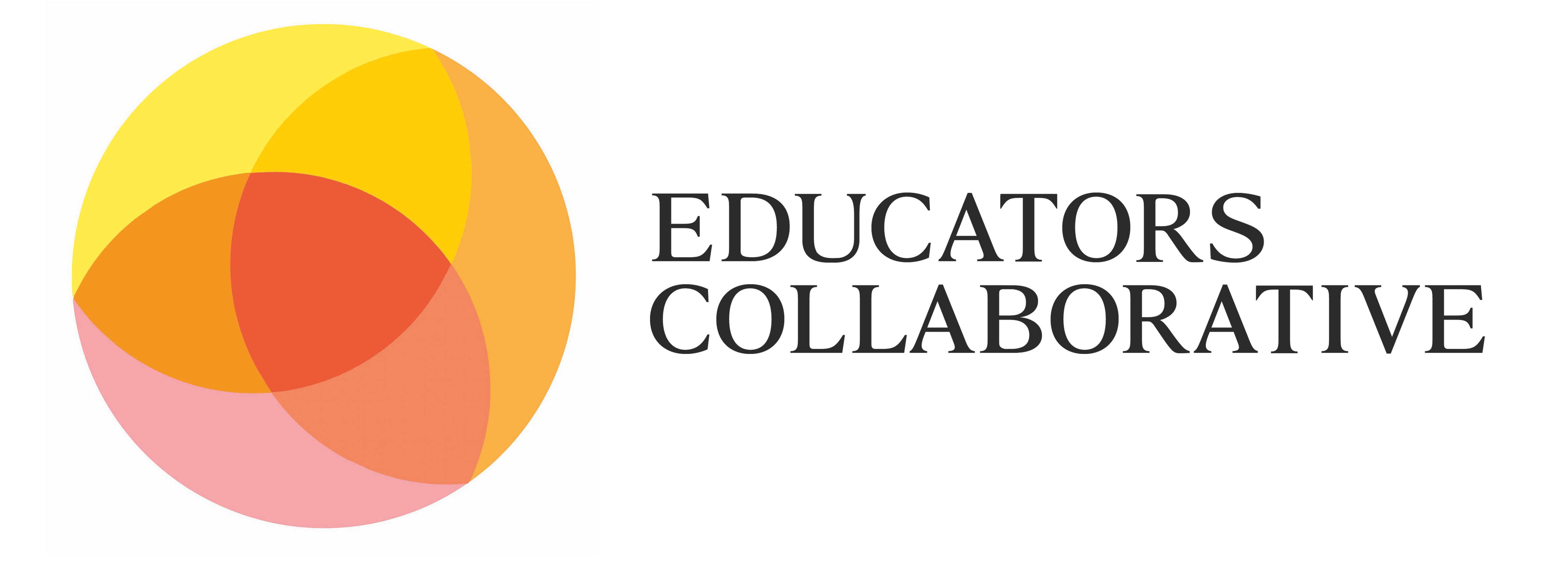
Leading as You: Kittens and Puppies
Tracy Bennett | January 14, 2024

Wild Geese
You do not have to be good.
You do not have to walk on your knees
for a hundred miles through the desert repenting.
You only have to let the soft animal of your body
love what it loves.
Tell me about despair, yours, and I will tell you mine.
Meanwhile the world goes on.
Meanwhile the sun and the clear pebbles of the rain
are moving across the landscapes,
over the prairies and the deep trees,
the mountains and the rivers.
Meanwhile the wild geese, high in the clean blue air,
are heading home again.
Whoever you are, no matter how lonely,
the world offers itself to your imagination,
calls to you like the wild geese, harsh and exciting –
over and over announcing your place
in the family of things.
– Mary Oliver
“Wild Geese” is a beloved poem by Mary Oliver and a lovely read on any day. However, I am guessing that many of the two dozen division heads on the screen wondered how this verse would connect to developing leadership skills. Their doubt may have increased when my colleague and I suggested they consider when and how they are in touch with that kitten or puppy inside them. In this second of five sessions, I knew we were either onto something or would see the checkerboard of screens contract as people politely logged off.
When we envisioned this course “An Invitation to Lead as You,” we began with two assumptions: traditional professional development around leadership does not explore the inner, human component of putting yourself out there; and, people, especially those in leadership roles in schools, desperately want and need to connect with others experiencing challenges similar to their own. From our collaboration, five goals for leaders emerged and we felt we could hit at least a couple of them. Two of those goals were to develop a community of support and to build a personal toolbox of skills. The three others that we’ll consider here are, to explore ways to be a more conscious and authentic leader, to have a better day/week/year, and to enjoy a few laughs.
We began in October with a dive into the concept of locating yourself—are you above or below the line? (Here’s a great video for more detail.) Developed by Jim Dethmer and Diana Chapman of the Conscious Leadership Group, this metaphorical boundary juxtaposes leading from a place of curiosity, openness, and trust with reacting out of defensiveness, resistance, and judgment. Developing the capacity to observe and discern whether you are above (ideally) or below the line is the first step toward more conscious, authentic, and compassionate leadership.
None of us fall on the desired upside of that boundary all the time, or even as often as we might like. What do we do in those moments when we find ourselves responding to that parent, or student, or colleague, or fill-in-the-blank in ways that don’t serve them or us well? When our need to be right prevails or we sink into blaming and criticizing?
Our suggestion to this group was to, Pause, Dip, and Widen. Begin by pausing, taking a step back (perhaps literally) and locate yourself. Perhaps you have just inched below the line or you have leaped well past the place you strive to lead from. Then dip into yourself—your body, your feelings, your narrative—and become more aware of what is happening for you right now. A pounding chest, flushed cheeks, racing thoughts, a desire to run—we all respond differently, yet similarly, to these experiences of emotional flooding and being overwhelmed. Finally, widen and open up to the possibility of responding in a new way, in your effort to climb back above, even just slightly, your line.
By now you may be asking what this has to do with “Wild Geese” by Mary Oliver, not to mention kittens and puppies. When our group last met, we expanded our Pause, Dip and Widen paradigm to include Play. “Wild Geese” speaks to each of us differently, and that may shift with every reading. I often cling to, “you do not have to be good,” especially when I feel I’ve completely botched something or failed miserably when I thought I could have done better. With our group of division leaders, we focused on two questions:
- What has you walking on your knees in the desert repenting?
- What has you in touch with the soft animal of your body (your inner kitten or puppy)?
In essence, what sinks you and, conversely, what lifts you up?
As you might imagine, group members readily shared situations that bring them down, resulting in words and actions that do not reflect their striving to be conscious, authentic, and compassionate leaders. Identifying circumstances or strategies that lead to a more playful and joyful presence was more challenging. We acknowledged that it’s easy to harden up against the puppy—the soft animal of our body—because as leaders we are expected to be resilient, competent, strong, and impressive. The last thing we want is to make our core self vulnerable to the judgment of others. Yet it is that true self that we need to live into as we navigate tough conversions and lift up those around us.
So, pause, dip, widen, and play! We are creative, caring beings who were born to be playful and meant to bring joy. As leaders, that may be the single most important thing we do for our students, our colleagues, and our communities. And, I’m pretty sure, that when you are able to let the soft animal of your body shine, it’s a sign that you are leading as you.
Interested in learning more about how we can help?

EXPERTS IN SEARCH, TRANSITION & STRATEGY
